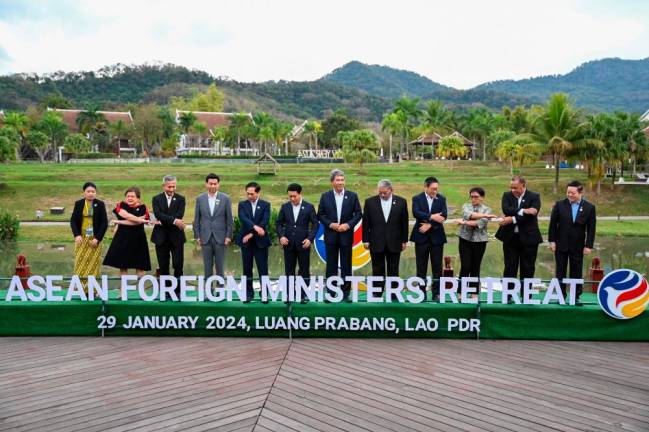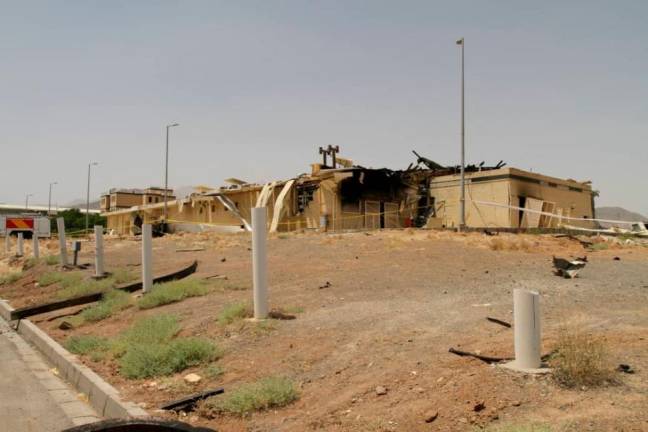AFTER 35 years, Malaysia is looking at its future progress in the automotive sector by embarking on a new journey under the National Automotive Policy (NAP).
However, who will be the winners and losers in the revolution that is radically reshaping the marketing, distribution and selling of automobiles? Will the vehicle manufacturers and their franchised-dealer networks be able to overcome years of inertia and complacency to pioneer and execute new concepts that will strengthen and extend the value of their brands? Or will nimbler, more imaginative retailers or software companies get there first?
The transformation of the business of selling cars is happening before our eyes at an incredible pace. Auto manufacturers are competing fiercely to drive out cost and meet consumer needs for cheaper and better cars. Now, developments from outside the industry might boost auto manufacturers interest in building strong, lasting relationships for their customers.
Internet of things (IoT) and AI unleashed transformation: IoT and AI technologies will continue to revolutionise the automotive sector, driving unprecedented transformations across vehicle and device connectivity, autonomous driving, electric powertrains, and shared mobility. With the in-vehicle personal digital assistant making the driving experience safer, more productive, and less fraught.
The future of mobility is multimodal: Public private partnerships, reinforced by Big Data and data analytics, will power resource-efficient, flexible and on-demand multimodal mobility solutions. This will dovetail with new policy initiatives aimed at promoting streamlined and sustainable urban transport.
A connected environment with features on demand: A connected vehicle ecosystem is closer than we imagine. From powertrains and advanced driver assistance systems to connected services and smart interiors, cars are becoming more connected. Business models will evolve to keep pace with this highly networked and connected environments.
Autonomous shuttles and taxis zoom closer to reality: Forget sci fi films like Altered Carbon and Blade Runner. Those days are not far when you will be hopping into an autonomous shuttle or a self-flying taxi. Carmakers, mobility service providers and autonomous technology companies are furiously pushing to be the first to debut their vision of autonomous shared transport, a vision that might augur well with Malaysia’s third national car project.
The race will continue to cast dark shadows on the automotive industry. New vehicle production and sales are expected to experience challenges. As the industry tries to ride out these challenges, expect to see more alliances between carmakers and attractive after sales offerings to lure consumers.
R. Murali Rajaratenam is a senior lecturer, Faculty of University Foundation Studies, HELP Matriculation Centre.












